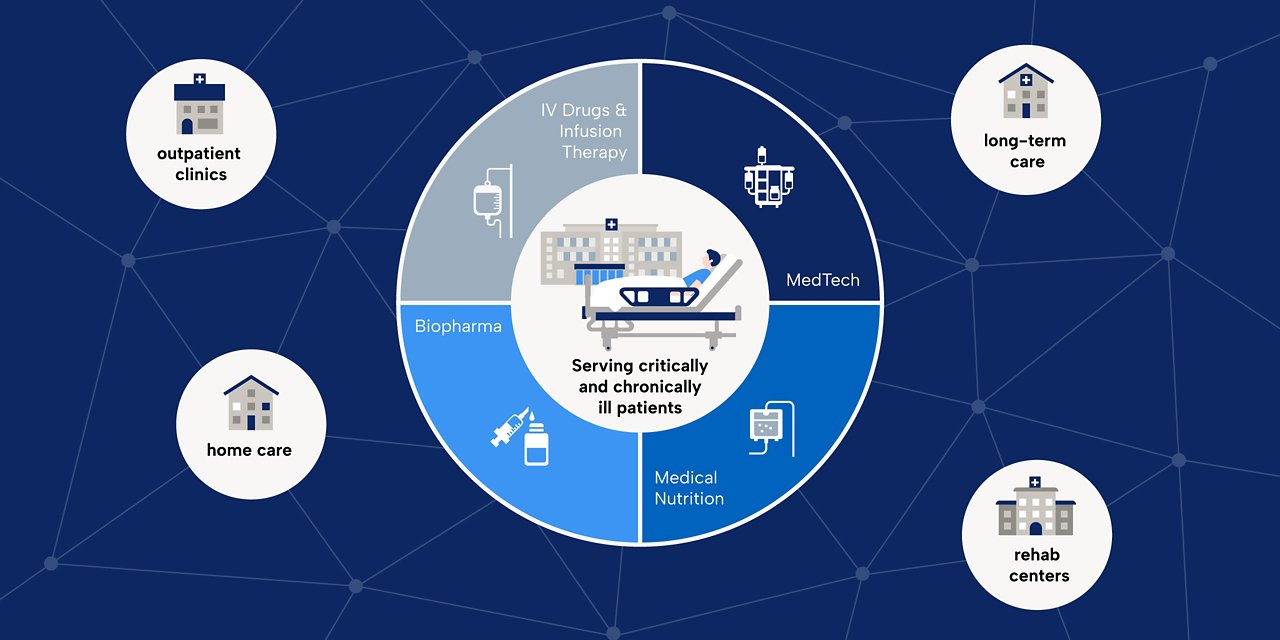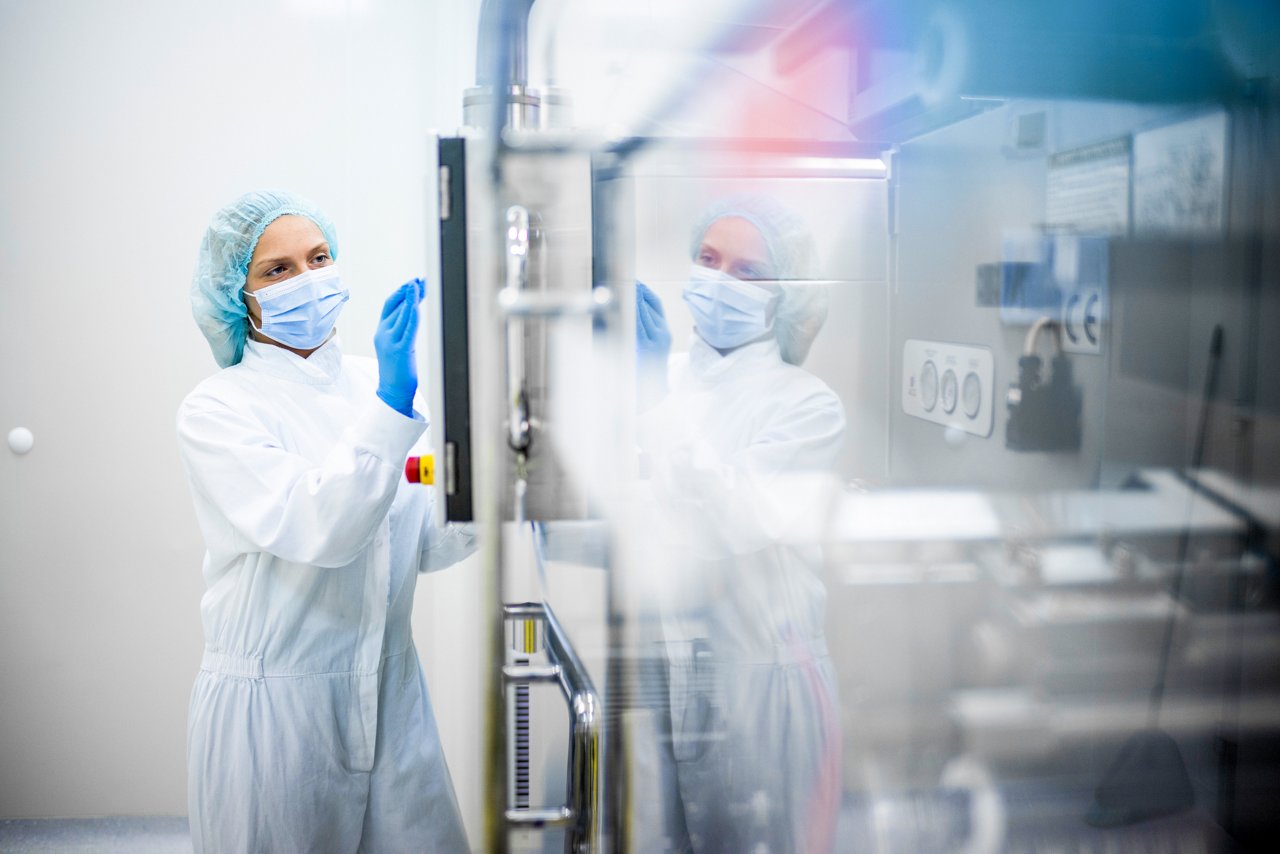Our products are available in each continent. This global presence enables us to address the diverse needs of the healthcare industry and ensures that our solutions reach those who need them most.
Dive deeper into our different business fields to see just how closely we accompany the patient journey on our mission: caring for life.












